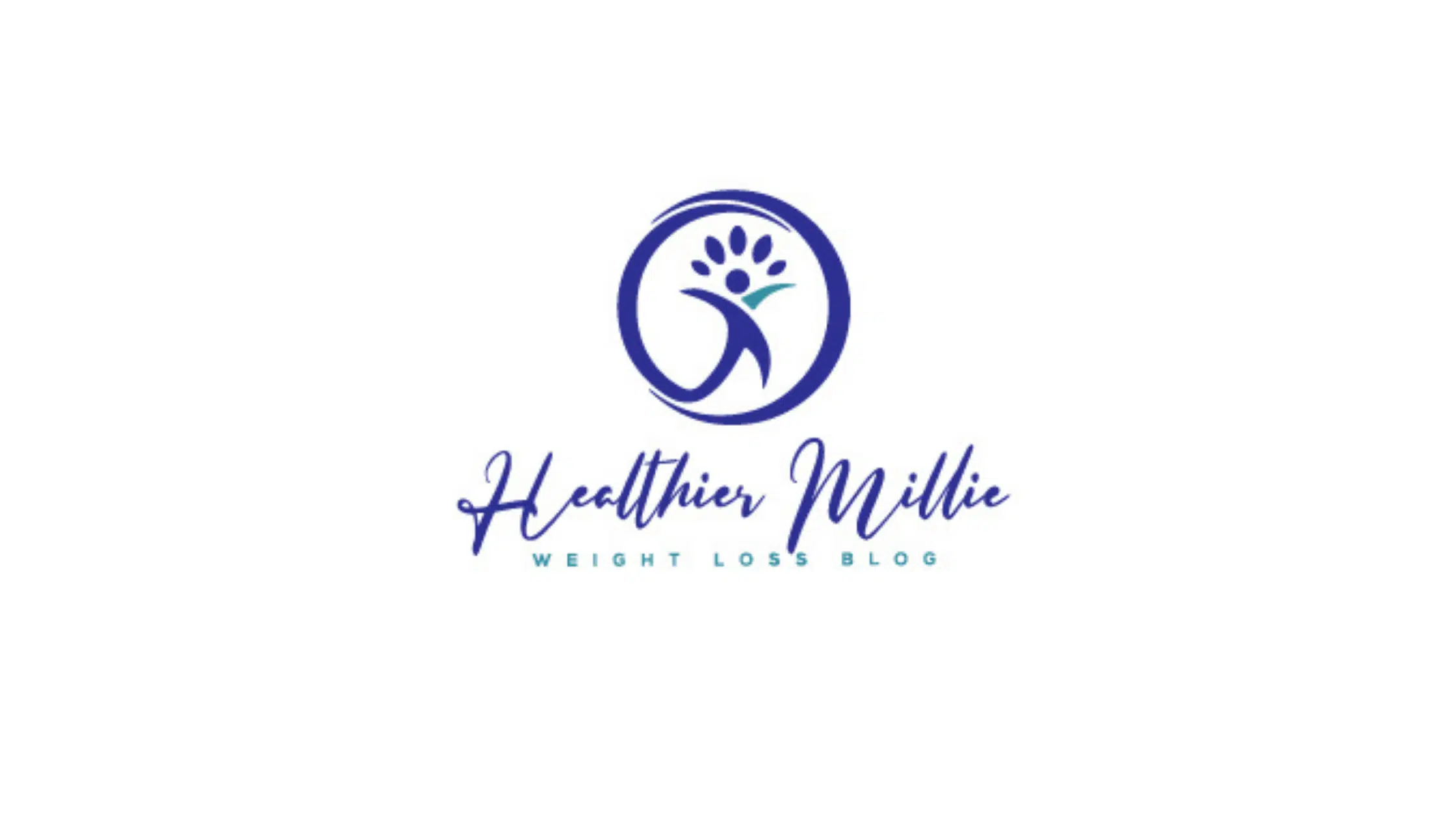A lot of people believe that a plant-based diet is better for you than an animal-based diet, but do you know why? Switching to a plant-based diet can help you lose weight, reduce your risk of heart disease, cancer, and other chronic diseases, and improve your overall health. But there are some disadvantages to consider before making the switch. So, what are the plant-based diet pros and cons? Let’s take a closer look.
What is a Plant-Based Diet?
A plant-based diet is a diet that consists of foods derived from plants, including vegetables, fruits, legumes, grains, nuts, and seeds. While there are many different types of plant-based diets, all of them focus on not eating meat.
Different Types of Plant-Based Diets
Vegetarian Diet
Vegetarians usually don’t eat meat, poultry, or seafood. Lacto vegetarians include dairy products and Ovo vegetarians consume eggs.
Vegan Diet
Vegans usually do not eat any animal products including milk, eggs, cheese, and butter.
Raw Vegan Diet
Like vegans, raw vegans do not consume any animal products, but they also eat plant-based raw food or foods that are cooked at temperatures lower at or lower than 118 degrees.
Whole Food Plant-Based Diet
This type of diet is a healthier plant-based diet as it encourages whole plant foods, not highly processed foods while excluding all animal products.
Mediterranean Diet
The Mediterranean diet is similar to the whole foods plant-based diet, but you are allowed fish. You can also eat limited amounts of chicken, red meat, eggs, and dairy.
Flexitarian Diet
A vegetarian or vegan lifestyle may be difficult for many. But a flexitarian diet may be easier to follow for meat eaters., You’ll eat more plant-based foods while consuming some animal protein occasionally.
Plant-Based Diet Pros and Cons
There are pros and cons to every diet, so it’s important to weigh all the options before you make a change. From weight loss to decreased risk for chronic diseases, find out why a plant-based diet might be right for you.
With the wealth of information available on plant-based diets, it’s easy to make an informed decision about whether this type of eating is right for you. So without further ado, here are the pros and cons of a plant-based diet.

The Pros of a Plant-Based Diet
There are many impressive health benefits of eating a plant-based diet that even avid meat lovers would consider reducing their meat consumption a few times a week.
Heart Healthy
The foods eaten and avoided on a plant-based diet are well documented to improve your heart health. Consuming whole grains, fresh fruits, vegetables, nuts, and seeds as well as eliminating red meat are all excellent heart-healthy choices.
One study found that a plant-based diet may lower your risk of developing cardiovascular disease by 16% and may also reduce the risk of dying from cardiovascular disease by a whopping 32%.
Lower Blood Pressure
There is also good research to support that a plant-based diet may reduce the risk of high blood pressure. Numerous studies have concluded that those following a vegetarian diet had lower blood pressure than those following omnivorous diets (those who eat plant and animal products).
One recent study found that vegetarians had a 34% lower risk of developing hypertension or high blood pressure.
Lower Cholesterol
As you may know, consuming animal products has a negative impact on your cholesterol levels. On the other hand, eating a plant-based diet can lower your bad cholesterol level by as much as 15%. A further reduction of up to 25% can be seen by strict vegans according to several studies.
Reduced Risk of Type 2 Diabetes
Another advantage of eating a plant-based diet is that it can reduce your risk of developing Type 2 diabetes. There is a correlation between saturated fats in animal protein and diabetes. Eating a plant-based diet can lower your risk of Type 2 diabetes by about 35% according to one study. Other studies have shown a very low percentage of vegetarians and vegans who are diagnosed with type 2 diabetes.
Lower Risk of Cancer
A lower risk of cancer is an important pro of a plant-based diet. Studies have shown that people who eat a mostly plant-based diet are less likely to develop cancer than those who don’t. It’s likely because nutrients that can protect you from cancer are rich in fruit, vegetables, grains, beans, nuts, and seeds.
Reduced Risk of Strokes
There are many stroke risk factors, but you can reduce your risk of having a stroke by eating a plant-based diet. A recent study found that people who eat a mostly vegetarian or vegan diet are about 20% less likely to have a stroke than those who eat meat regularly.
Improved Brain Function
One of the pros of a plant-based diet is improved brain function. One study showed that adults who followed a plant-based diet had better cognitive function than those who didn’t. The study participants who followed a plant-based diet were also less likely to develop dementia or Alzheimer’s disease.
More Energy
The first thing you need to know about a plant-based diet is that it is high in fiber. Fiber is important for keeping your digestive system running smoothly. It also helps to regulate blood sugar levels, which can give you a steadier supply of energy throughout the day. A plant-based diet is also rich in vitamins and minerals, which are essential for good health. When you’re getting all of the nutrients your body needs, you will naturally have more energy.
Fewer Aches and Pains
A plant-based diet can help to reduce inflammation throughout the body, which can lead to fewer aches and pain. In addition, a plant-based diet can help to boost the immune system, which can also help to reduce the number of aches and pains that you experience.
Weight Loss and Lower Risk of Obesity
When it comes to weight loss or reducing the risk of obesity, a plant-based diet has several advantages. One of the most obvious benefits is that plant-based diets are typically high in fiber. This means that you will feel fuller after eating, and thus be less likely to overeat. Fiber also helps to regulate blood sugar levels, which can help to prevent cravings and hunger pangs. In addition, plant-based diets are often lower in calories than other diets. This is due to the fact that plants are generally lower in fat and calories than animal products.
Furthermore, many people find following a plant-based diet easier to follow and less restrictive. Most traditional weight loss diets are very restrictive, counting calories, points, weighing and measuring portions, and more. Making them and difficult to stick to.
Increased Life Expectancy
In light of all of the above benefits of a plant-based diet, it is obvious that you can increase your life expectancy. Numerous studies have shown that people who eat a vegetarian or vegan diet tend to live longer than those who don’t. In fact, according to one study, vegetarians typically have a 12% lower risk of death from all causes.
Variety of Choices
One of the best things about a plant-based diet is that it is very versatile. There are endless possibilities when it comes to recipes and ingredients. Nowadays, you can easily find plant-based meals that fit your taste and lifestyle. And if you’re worried about not getting enough protein on a plant-based diet, don’t be! There are plenty of high-protein plant foods out there, such as beans, lentils, and quinoa. With a little creativity, you can make sure that you’re getting all the nutrients your body needs on a plant-based diet.
Cheaper
A plant-based diet is not only healthier for you, but it can also be cheaper than a meat-based typical American diet. One of the biggest reasons why a plant-based diet is cheaper is because you’re not buying meat. Meat can be one of the most expensive items on your grocery bill, so by cutting it out or eating less of it, you’ll see significant savings. Instead of spending money on meat, you can focus on buying more affordable plant-based proteins like beans, lentils, and tofu.
Environmental Benefits
A plant-based diet is one of the best ways to reduce your carbon footprint and help preserve our planet. The meat and dairy industries are some of the biggest contributors to greenhouse gas emissions, deforestation, and water pollution. A plant-based diet requires far fewer resources than a meat-based diet and can have a positive impact on the environment in many ways.

The Cons of a Plant-Based Diet
Although a plant-based diet is a healthy diet, there is a danger of having nutrient deficiencies. It‘s harder to get all the protein, calcium, iron, and Vitamin B12 that your body needs from a plant-based diet.
Also read Low Carb Diet Pros and Cons: What You Need to Know
Incomplete Protein
Animal protein is considered a complete protein whereas plant protein is incomplete. Followers of a plant-based diet will need to carefully plan their meals to make sure that they get all the essential amino acids their bodies need. Quinoa and soy products are good sources of protein. Also, for example, pair brown rice and beans or hummus with whole wheat pita to have a more complete protein.
Iron Deficiency
Although there are good plant sources of iron, it is often more difficult than animal sources for the body to absorb. And as such, vegans and vegetarians sometimes have lower blood levels of iron. However, you can get iron from dark leafy vegetables, spinach, cabbage, beans, and cashews.
Calcium Deficiency
Many people who follow a plant-based diet are at risk for calcium deficiency. This is because calcium is not as prevalent in plant-based foods as it is in meat and dairy products. While it is possible to get enough calcium from a plant-based diet, it can be difficult if you are not careful. Some of the best sources of calcium include leafy greens, bok choy, legumes, nuts, and seeds.
Vitamin B12 Deficiency
If you are following a plant-based diet, it is important to make sure that you are getting enough vitamin B-12. This essential nutrient is found in meat and other animal foods, so it can be tricky to get enough if you don’t eat meat. Vitamin B12 deficiency can lead to health issues including nerve damage, anemia, and tinnitus. If you follow a strict vegan or vegetarian diet, you should consult your doctor about taking vitamin B12 supplements.
Less Fatty Acids
Some plant-based diet followers may have lower levels of fatty acids. This could cause problems with skin, hair, and nails.

Is a Plant-Based Diet Right For You?
Plant-based diets are becoming more popular each year, and for good reason. They offer a number of health benefits, as well as help to protect the environment. However, there are some drawbacks to consider before making the switch. Weighing plant-based diet pros and cons can help you decide if this type of diet is right for you.
However, it’s still important to make healthy food choices and avoid junk food and highly processed foods. After all, Oreo cookies are vegan-friendly!
Finally, remember to always talk with your doctor before making any major changes to your diet.



